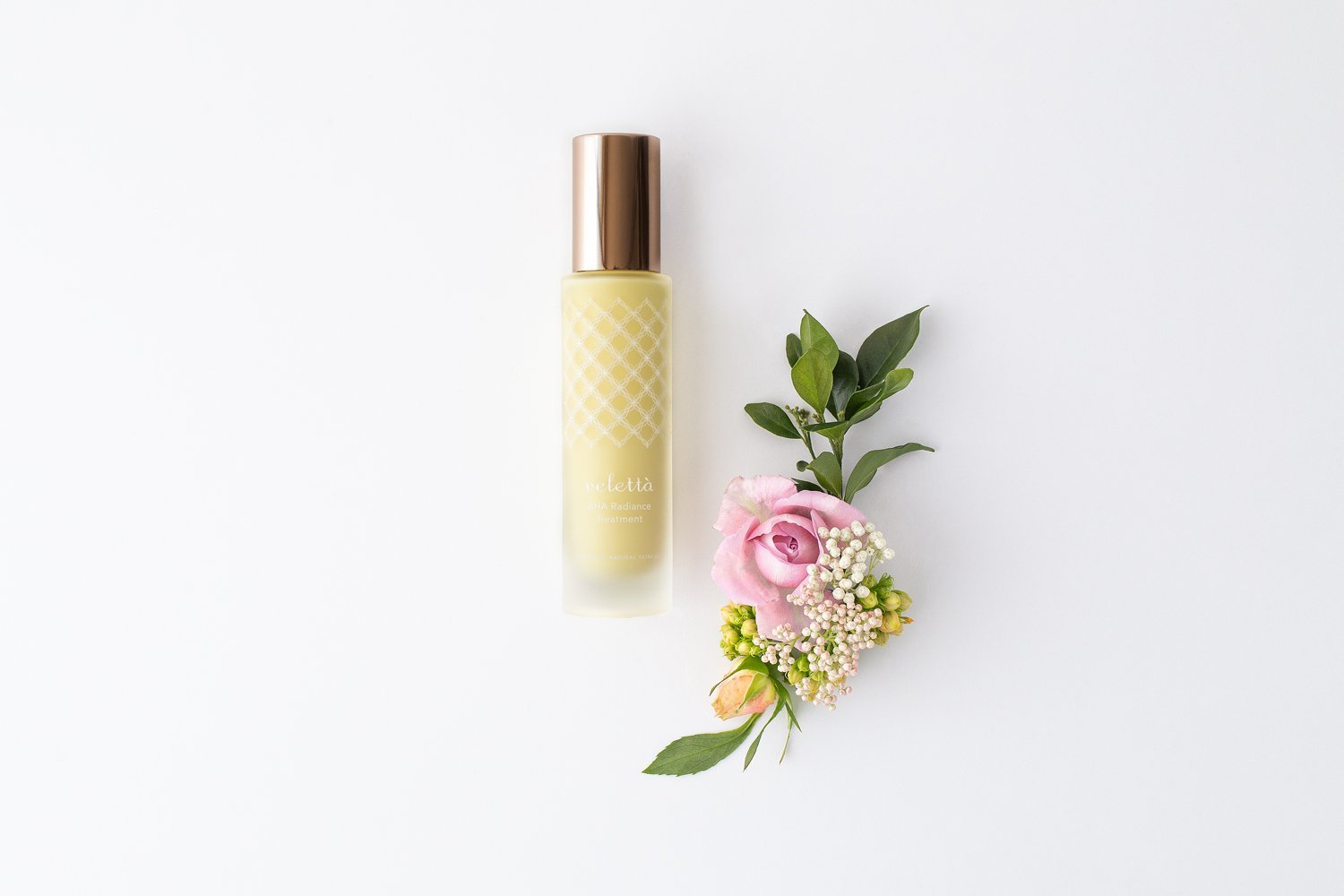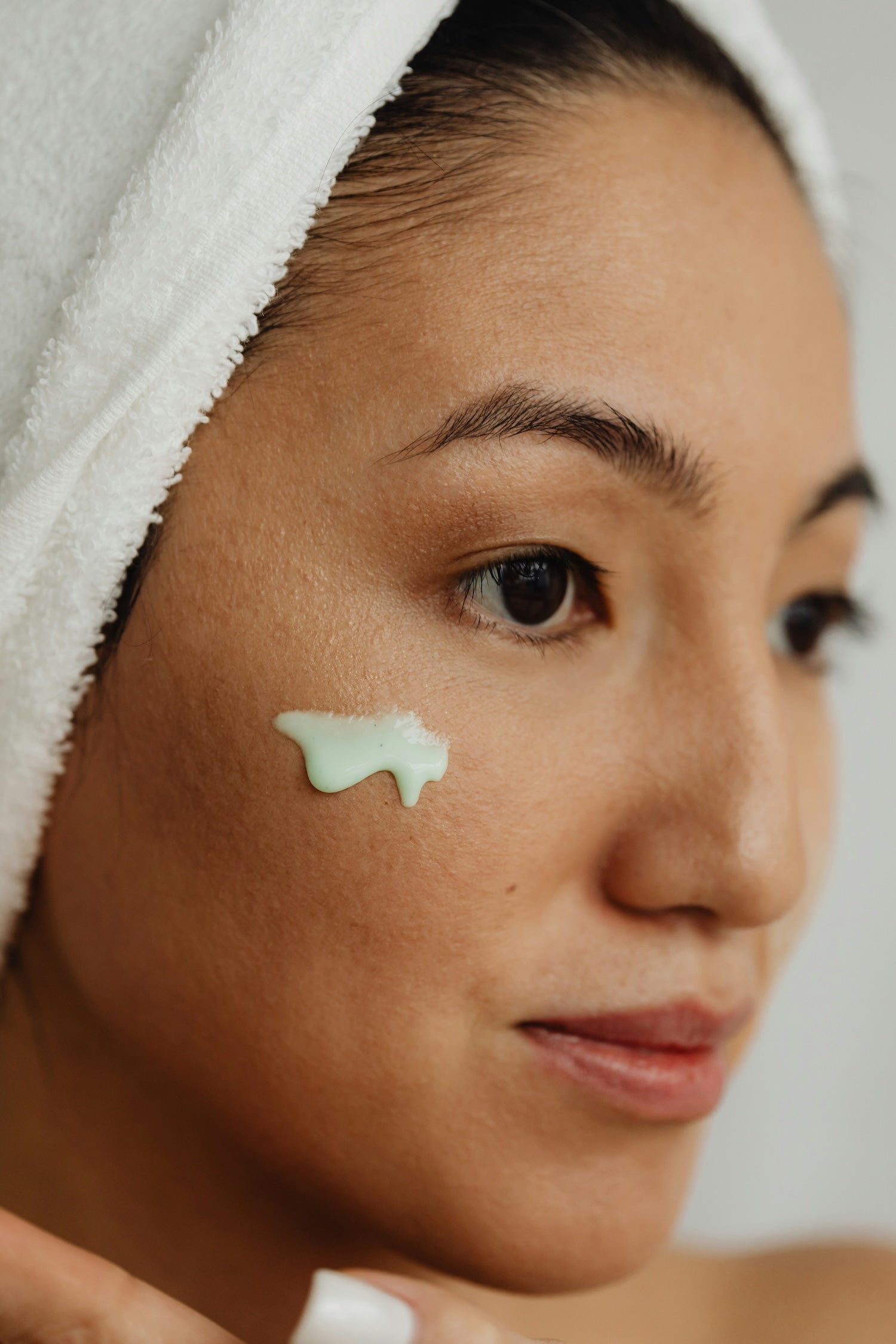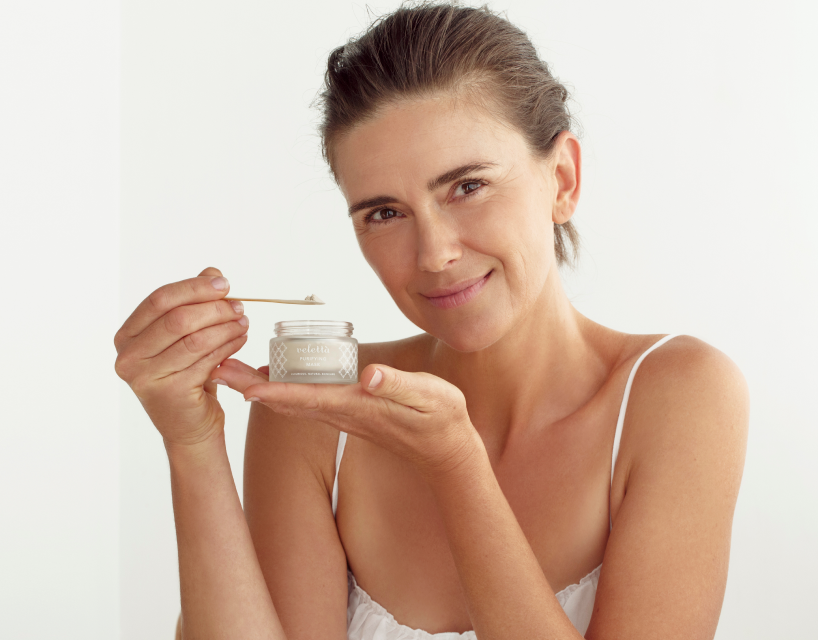There are many different types of ingredients in our skincare products – so many that it's challenging to know which ones are good for us and which ones aren't.
While we have the usual suspects that get a bad rap throughout the beauty industry, there are others that receive conflicting reactions from people about whether they're okay to include in skincare products or not.
Today we put the spotlight on one of these ingredients, and determine whether it’s something you need to avoid in your beauty products or not.
What is Lactic Acid?
Lactic acid is an ingredient found in a lot of skincare and cosmetic products in the beauty industry. Its purpose is two-fold: to fight pigmentation and the onset of wrinkles.
Lactic acid can be derived from milk or (as with the Lactic Acid used in our Youthful Glow AHA Radiance Treatment) from fermented sugar and is often found on a long list of anti-aging ingredients, otherwise known as AHAs, or alpha-hydroxy acids. Another example of an AHA is citric acid.
What is Lactic Acid Used For?
Lactic acid is most commonly used in skincare products for decreasing the impact of hyperpigmentation. It can also help treat age spots, too, and unwanted lines.
Lactic acid is designed to remove the top layer of the skin, which often includes dead skin cells, as well as impurities and dirt caused by your surrounding environment. When lactic acid removes the upper epidermis of the skin, you will experience brighter and smoother looking skin.
What’s most notable about lactic acid is that while it falls into the category of common AHAs in skincare products, it’s a lot milder on the skin than its counterparts. This means that it’s a good choice if your skin is particularly sensitive.
As well as the above benefits of lactic acid, this skincare ingredient can also improve the overall tone of your skin and reduce the appearance of noticeable pores.
Can Lactic Acid Irritate the Skin?
Here we have arrived at our million-dollar question: can lactic acid irritate the skin? The short answer is that it is unlikley when used correctly. However, when it comes to all skincare ingredients, it’s vital that you use them in moderation.
As mentioned previously, lactic acid is one of gentler AHAs that you can find in cosmetic products. This means that it’s great for sensitive skin, and is a good option if you often have adverse reactions to skincare products. However, it’s still important not to overdo it, which is why lactic acid should be used in moderation, just like other beauty ingredients.
While lactic acid is a great all-rounder when it comes to different skin types, it is a particularly good option for sensitive skin, as well as mature skin. Additionally, if you’re suffering from acne or blemishes, lactic acid can be beneficial.
The biggest thing that stands out to us about lactic acid is that it’s unique, and brings certain benefits to the table that not many other acids can. One of these is that it can be used with all skin types, something that you can’t find with most other acids.
Using Lactic Acid in Skincare Products
When it comes to your daily skincare regime, lactic acid is a safe, gentle option that comes with many different benefits for your skin, no matter what type it is. This is why Veletta incorporates lactic acid into some of our skincare products. Veletta is an all-natural, vegan, cruelty-free skincare range made right here in New Zealand. We are halal-friendly and are committed to including only natural, beneficial ingredients in our products. For a nourishing, effective luxury skincare treatment that will even the tone of your skin, and make you look younger, apply Veletta’s Youthful Glow AHA Radiance Treatment one to three times a week.
The more you know about what’s in your skincare products, the better you will be able to look after your skin, naturally.




